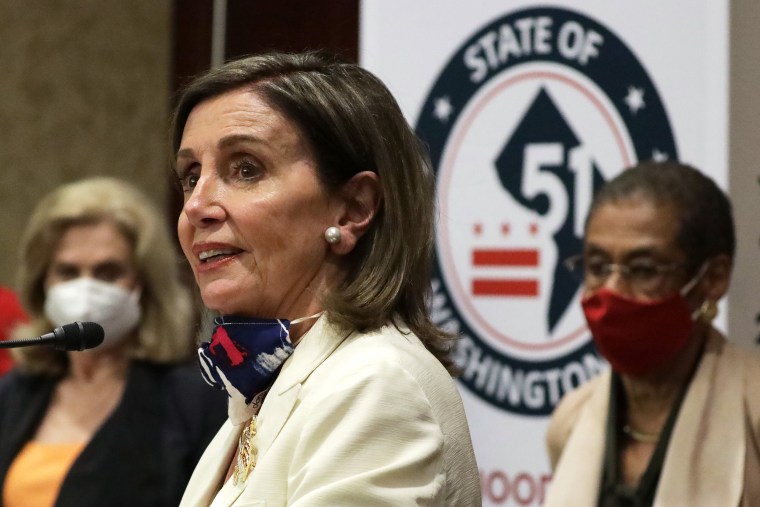WASHINGTON — Even as the House passed legislation late Thursday aimed at reforming police tactics and practices, Republicans and Democrats were digging in and pointing fingers as the prospects that any bill on the subject will reach the president's desk are dimming dramatically.
The likely stalemate comes as trust between the two parties is further diminishing and Democrats feel their chances of taking the Senate back from Republicans in November are increasing, leaving them better positioned to get more favorable legislation after Election Day.
Republicans say Democrats are acting in their own political self-interest, and a visibly defeated and frustrated Sen. Tim Scott, R-S.C., said Thursday that Democrats are playing "a dangerous game of politics."
Sen. Mike Rounds, R-S.D., said Democrats "misjudged" when they coalesced Wednesday to defeat a procedural vote on the GOP Senate version of a police reform bill. "They may think it's a good position to be in come November. I really disagree," he said.
Democrats, however, are still united in their strategy of go big or go home — passing a bill that makes significant changes or nothing at all. They argue that the Republican version of the legislation is not enough to change police behavior. They said they want to go to the Senate floor with a compromise bill, putting them in a better position to negotiate over a House-passed Democratic bill.
House Speaker Nancy Pelosi, D-Calif., maintained that Senate Democrats "did the right thing."
"They need to go together and write a bill that is real. Don't just take the words and defang it so that has no effect," she told NBC News on Thursday. "You all gave them so much credit for a bill that did nothing and then expected us to embrace it. No way."
The president's poll numbers have tanked in recent days, showing that voters trust Joe Biden, the presumed Democratic presidential nominee, to address issues of race.
"I think it will just take awhile," said Rep. Karen Bass, D-Calif., chair of the Congressional Black Caucus. The election is less than four months away.
The Democratic bill would ban chokeholds, while the GOP bill would provide incentives for police departments to do so by withholding federal funds. The Democratic bill would also ban "no-knock" warrants and eliminate the qualified immunity defense for police officers, which would open officers to being held liable for death or injury. The GOP bill would study no-knock warrants and would not touch qualified immunity.
Download the NBC News app for breaking news and politics
Few Republicans had been expected to vote for the Democrats' bill. Will Hurd of Texas, the only Black House Republican, who also marched in a Black Lives Matter protest and is retiring, criticized the Democratic bill in a speech Thursday afternoon on the House floor.
"Today, we are missing an opportunity to pass an overwhelmingly bipartisan bill. We are missing an opportunity for a police reform bill to actually become law. We are missing an opportunity to do our part to prevent another Black person from dying in police custody," Hurd said.
Yet Hurd was one of three Republicans who ended up voting for the Democratic bill Thursday night.
Time is running out. The Senate has moved onto the defense authorization bill, which is expected to be on the floor until the third week of July. Then it is expected that the Senate will take up another coronavirus relief bill, putting Congress close to the election.
CORRECTION (June 25, 2020, 9:50 p.m. ET): A previous version of this article misstated the state Mike Rounds represents in the Senate. It is South Dakota, not South Carolina.



